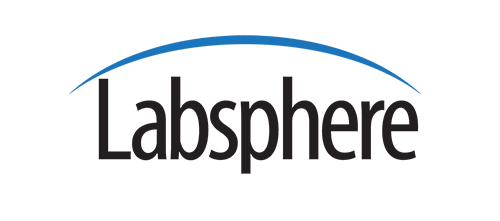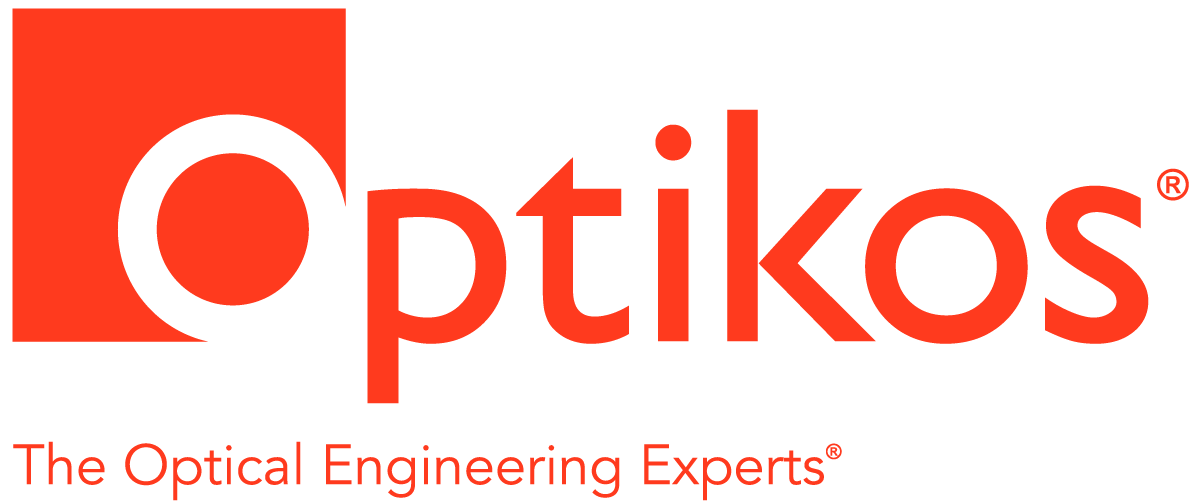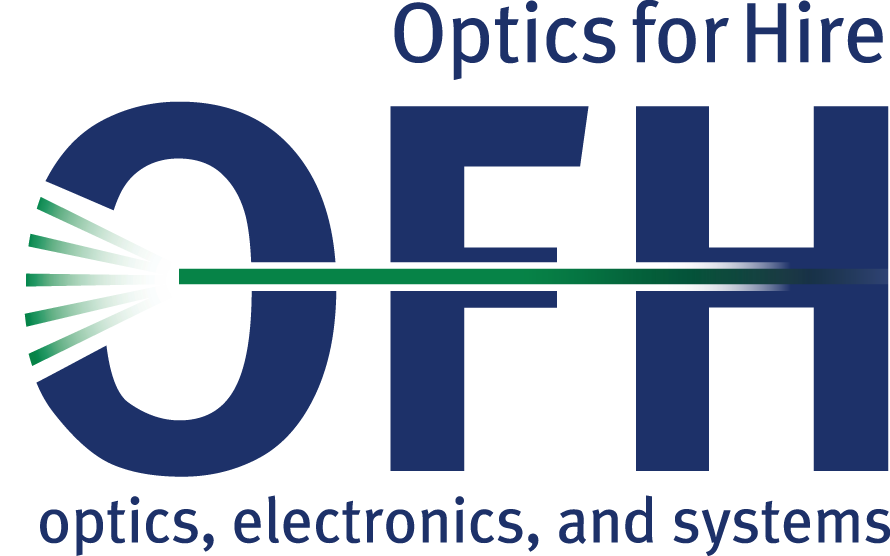Looking into the Early Universe with the James Webb Space Telescope

with private browsing in FireFox
Launched Christmas Day 2021, the James Webb Space Telescope (JWST) will be the flagship astronomical facility of the coming decade. As a large-aperture infrared-optimized telescope, it will provide a stunning new view of the Universe and permit study of astrophysical questions that we have simply not had the capacity to address before. I will present an overview of the telescope and describe how it will transform the study of the early evolution of galaxies.
| Location |
In person, Optikos Corporation,
|
||||
|---|---|---|---|---|---|
| Meeting Date | Thursday, 19 May 2022 | ||||
| Reservation Deadline |
To attend Dinner Friday, 13 May 2022
@ 12 pm |
||||
| Event Schedule |
|
||||
|
Please note:
|
|||||
Daniel Eisenstein , Harvard-Smithsonian Center for Astrophysics

Professor Daniel Eisenstein studies cosmology and extragalactic astronomy with a mix of theoretical and observational methods. His dominant focus over the last decade has been on the development of the baryon acoustic oscillation method to measure the cosmic distance scale and study dark energy. Dr. Eisenstein received his Ph.D. from Harvard University in 1996 and then held postdoctoral positions at the Institute for Advanced Study and the University of Chicago. He was on the University of Arizona astronomy faculty for 9 years before moving to his current position as a professor of astronomy at Harvard University in 2010. He has been active in the Sloan Digital Sky Survey since 1998 and served as the Director of SDSS-III from 2007 to 2015. He is a member of the Dark Energy Spectroscopic Instrument collaboration, serving as co-Spokesperson from 2014 to 2020. He is a member of the JWST Near-Infrared Camera instrument team, the SDSS-IV consortium, and the Euclid consortium. He also serves on the Board of Directors of the Giant Magellan Telescope Observatory. In 2012, he served as chair of the National Science Foundation Astronomy Portfolio Review committee, and currently he is serving as chair of the Cosmology Science Panel of the Astro2020 Decadal Survey. He has been a member of numerous other scientific collaborations and national committees. In 2014, he received the Shaw Prize in Astronomy and was elected to the U.S. National Academy of Sciences. He was named as a Simons Investigator in 2016. Starting in 2020, he serves as Chair of the Harvard University Department of Astronomy.
Reservations
Dinner reservations must be made by Friday, 13 May 2022 at 12 pm. Meeting Only and Online reservations are needed by Thursday, 19 May 2022 at 9am. Online attendees will be sent a link and a password to join the meeting. The meeting link will be sent during the week of the meeting after the close of registration.
Reservations can be made via the "Click to sign up" button above or by leaving a message on our Google Voice mailbox at (617) 454-4693.
When making reservation via voicemail, please provide the following information for each guest:
- Name
- Affiliation (Company, School, retired, etc.)
- NES/OSA Membership Status
- Daytime phone number where you can be reached (in case of change or cancellation)
General Information about NES/OSA Meetings
Cancellations
If the meeting must be cancelled for any reason, we will try to call you at the phone number you leave with your reservation.
Membership Rates:
| Corporate Sponsors | $250.00 |
|---|---|
| Professional Sponsors | $125.00 |
| Regular Members | $25.00 |
| Student Members | Free |



